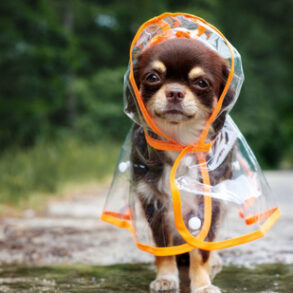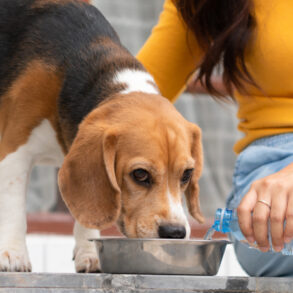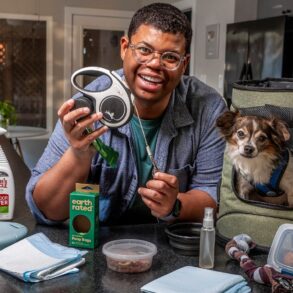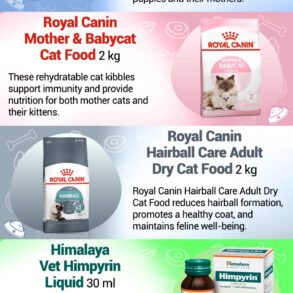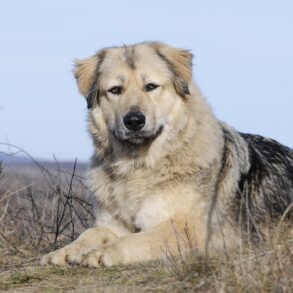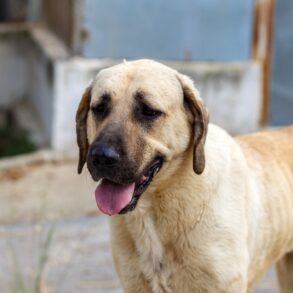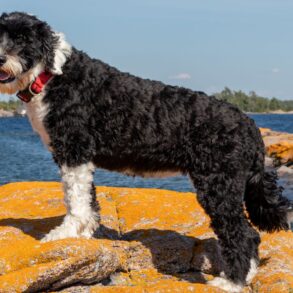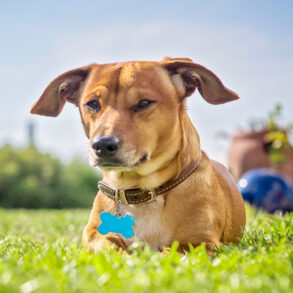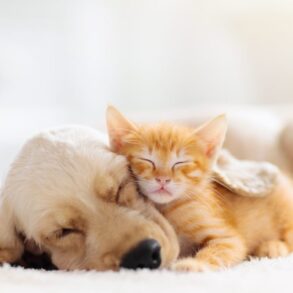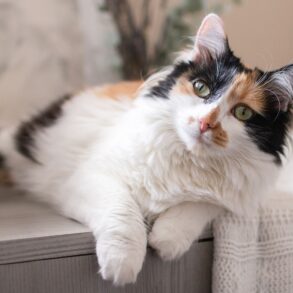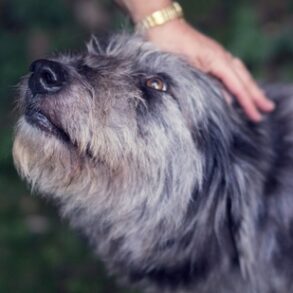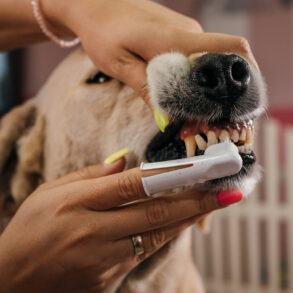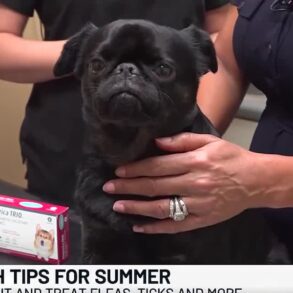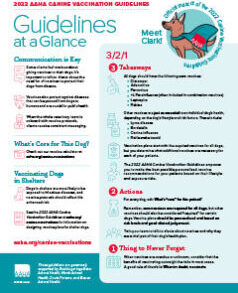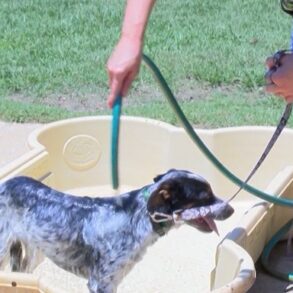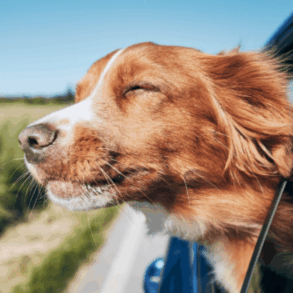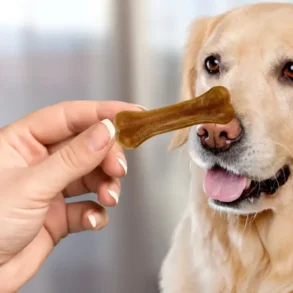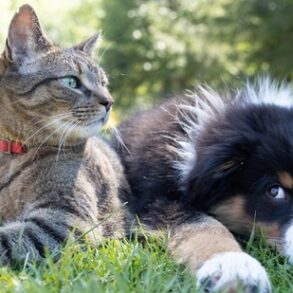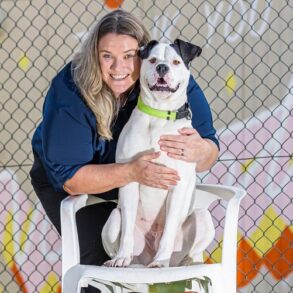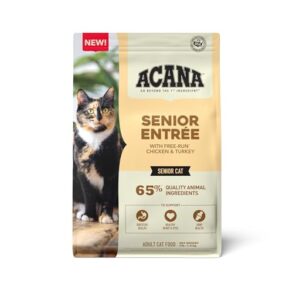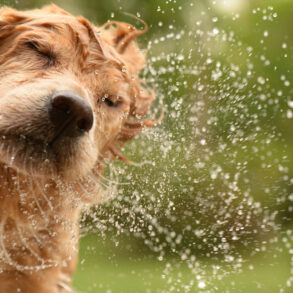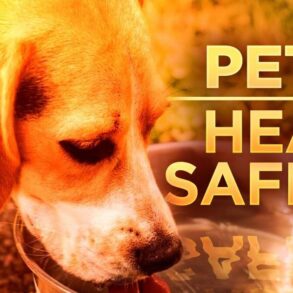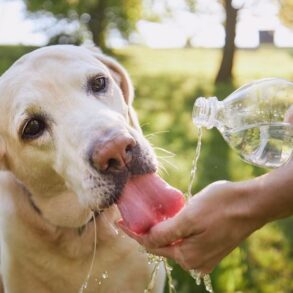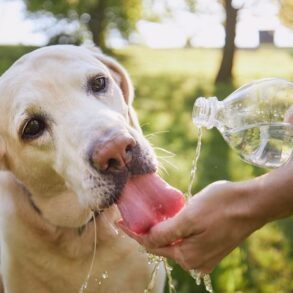
KALAMAZOO, Mich. (WWMT) — Chocolate, party streamers, flowers: these items may be great for Valentine’s Day, but could potentially be deadly for your pet.
Keep your furry roommates safe this Valentine’s Day with these tips from the Michigan Department of Agriculture and Development (MDARD).
“One of the best ways to show our pets some love this holiday is to make sure they don’t have any additional stress or discomfort,” State Veterinarian Nora Wineland, said. “From ensuring they are fully vaccinated to making sure they don’t eat any unsafe treats, there are many precautions owners can take to keep their animals healthy this Valentine’s Day.”
1. Treat them Right: Avoid feeding animals chocolate or other candy.
While it may be tempting to share a sweet treat with your animals, they cannot enjoy all the same foods we do. Any type of chocolate or treat sweetened with xylitol (an artificial sweetener found in many candies and gum) can be poisonous to animals. Instead of these sweets, stick to their normal treats.
2. Avoid Temptations: Keep holiday decorations out of reach.
Gift wrap, ribbons, and balloons can make a celebration special, but they can also catch the eye of our pets. If consumed, these items could cause intestinal blockages or other injuries. Be sure these items are out of their reach, along with candles as curious paws and excited tails should not be near an open-flame unsupervised.
3. Build a Better Bouquet: Make sure all arrangements are pet friendly.
Whether flowers and plants are given as a gift or used as a decoration, not all of these plants are safe for your animals. Flowers with thorns (like roses) can cause injury if bitten, swallowed, or stepped on; and certain floral varieties (like lilies, chrysanthemums, and tulips) can be dangerous for pets if they are ingested. Keep these items away from pets and make arrangements with plants that are not toxic to animals.
4. Share the Love, Not the Germs: Take steps to keep animals healthy.
Healthy animals begin with setting healthy boundaries. Make sure your animals do not have contact with wildlife or other animals of unknown health status, drink from puddles or other open sources of water, or ingest items you have not given them.
More information about animal health from MDARD can be found online.
This post was originally published on this site be sure to check out more of their content.







